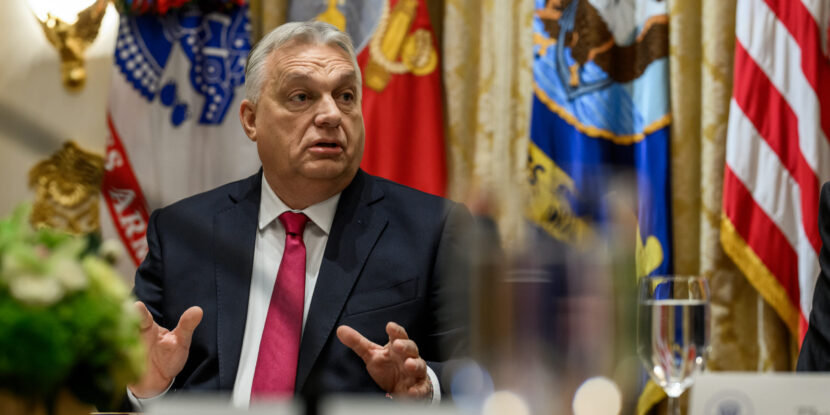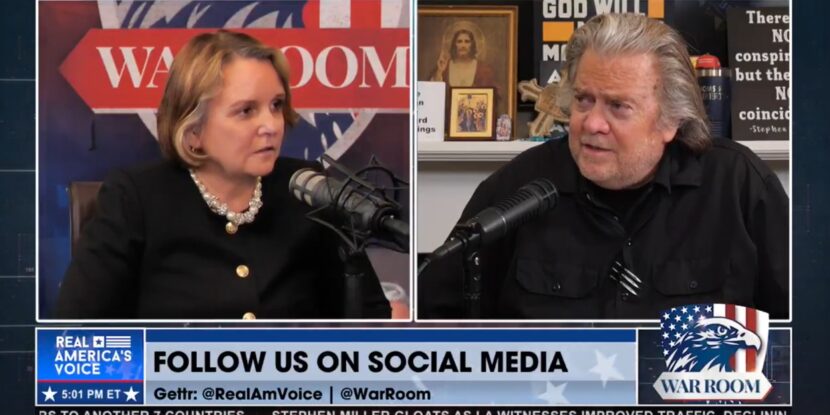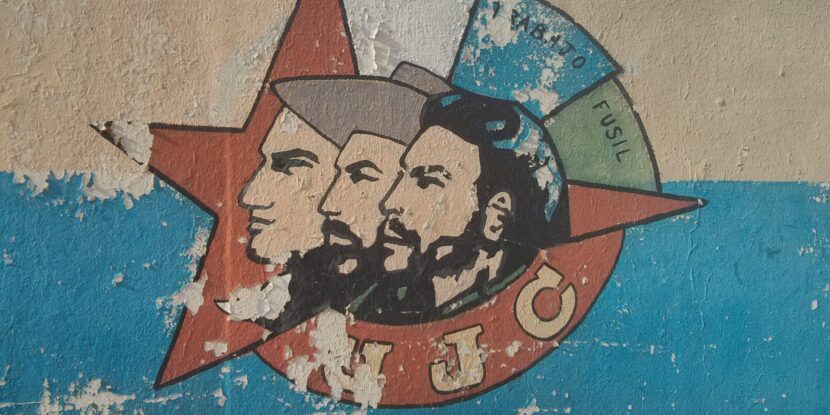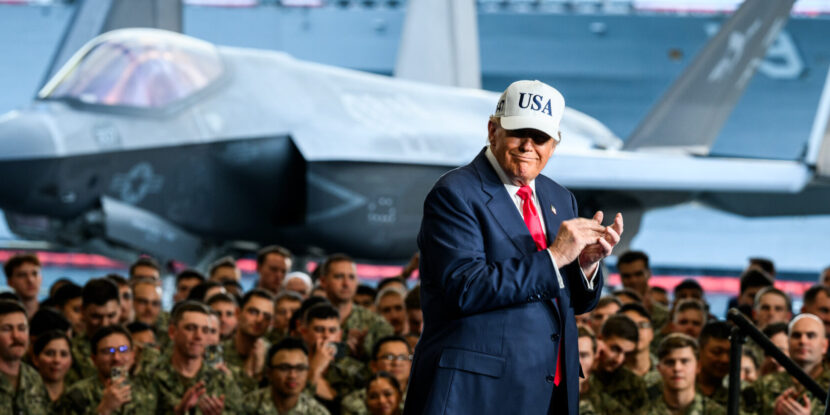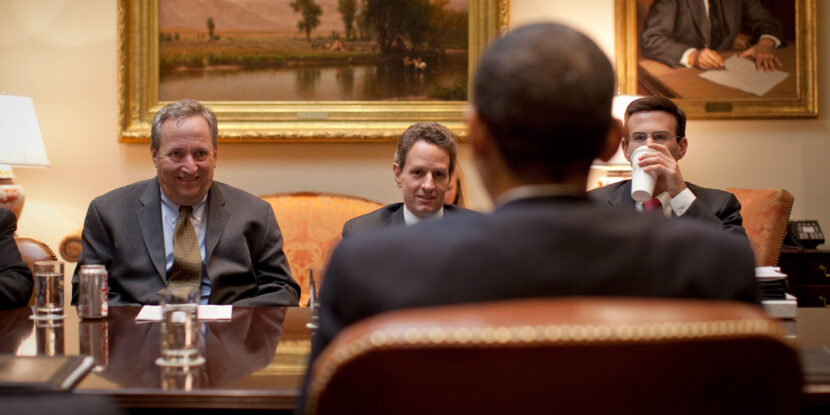❓WHAT HAPPENED: Hungarian Prime Minister Viktor Orbán stated that Ukraine has “no chance” of defeating Russia and called Europe’s financial support for the Ukrainian war effort “crazy,” warning of the risk of escalation toward “World War Three.”
👤WHO WAS INVOLVED: Viktor Orbán, other European Union (EU) leaders, Ukrainian President Volodymyr Zelensky, Russian President Vladimir Putin, and U.S. officials.
📍WHEN & WHERE: Comments made during an interview with Mathias Döpfner, CEO of Axel Springer, published on November 17, 2025.
💬KEY QUOTE: “We have burned already €185 billion, and… our intention is to burn even more. So we finance a country which has no chance to win the war.” – Viktor Orbán
🎯IMPACT: Orbán’s remarks highlight divisions within the EU over continuing financial and military support for Ukraine, as well as concerns about escalating global tensions.
Hungarian Prime Minister Viktor Orbán has asserted that Ukraine has “no chance” of defeating Russia, denouncing Europe’s financial support for Kiev, given the circumstances, as “just crazy” and cautioning that continued escalation only risks triggering “World War Three.” Speaking in an interview with Mathias Döpfner, CEO of the German media group Axel Springer, Orbán said the European Union (EU) is undermining its own economic stability by pouring billions into the conflict. “We have burned already €185 billion, and… our intention is to burn even more. So we finance a country which has no chance to win the war,” he said.
Orbán argued that some European leaders are supporting the continuation of the conflict in hopes of strengthening their negotiating position in future peace talks, a strategy he condemned as “totally wrong.” He predicted that any meaningful peace agreement will ultimately be negotiated between the United States and Russia, covering not only the war itself but broader issues such as global trade and energy. He said Europe should open its own communication line with Moscow, insisting, “Let the Americans negotiate with the Russians, and then the Europeans should also negotiate with the Russians, and then see whether we can unify the position of the Americans and Europeans.”
He dismissed claims that Russia might attack other European or NATO countries, calling such concerns “ridiculous” and asserting that “they are not strong enough. We are far stronger.”
Looking ahead, Orbán said he expects Russia to retain control over parts of eastern Ukraine, including Donetsk, unless “a miracle” occurs, and advocated for a postwar settlement that stabilizes borders and establishes a demilitarized zone to ensure long-term security. He warned that the nuclear threat increases if a nuclear-armed state, like Russia, faces defeat in a conventional war, saying, “I’m absolutely sure the nuclear risk is on the table immediately.”
Orbán’s comments come at a moment of political and military strain for Ukraine. The country has been shaken by a major corruption scandal involving roughly $100 million in the energy sector, prompting resignations among senior officials and the flight of Timur Mindich, a close ally of President Volodymyr Zelensky, amid police raids. Militarily, Russian forces have advanced in eastern Ukraine and have almost entirely occupied the strategic city of Pokrovsk, raising fears of a significant Ukrainian setback, with Ukrainian troops reportedly being encircled in neighboring Myrnohrad.
Relations between Hungary and Ukraine have also deteriorated. Ukrainian authorities recently claimed to have uncovered a Hungarian intelligence operation in the Zakarpattia (Transcarpathia) region, which led to diplomatic expulsions on both sides and the suspension of talks on minority rights. Notably, Transcarpathia borders Hungary and is home to a large Hungarian minority, which Ukrainian governments have often mistreated, causing friction with Orban’s government.
Orbán has been one of the European Union’s strongest skeptics of Ukraine’s EU accession bid, arguing that membership would bring only bring economic burdens and security risks to Hungary.
Join Pulse+ to comment below, and receive exclusive e-mail analyses.
